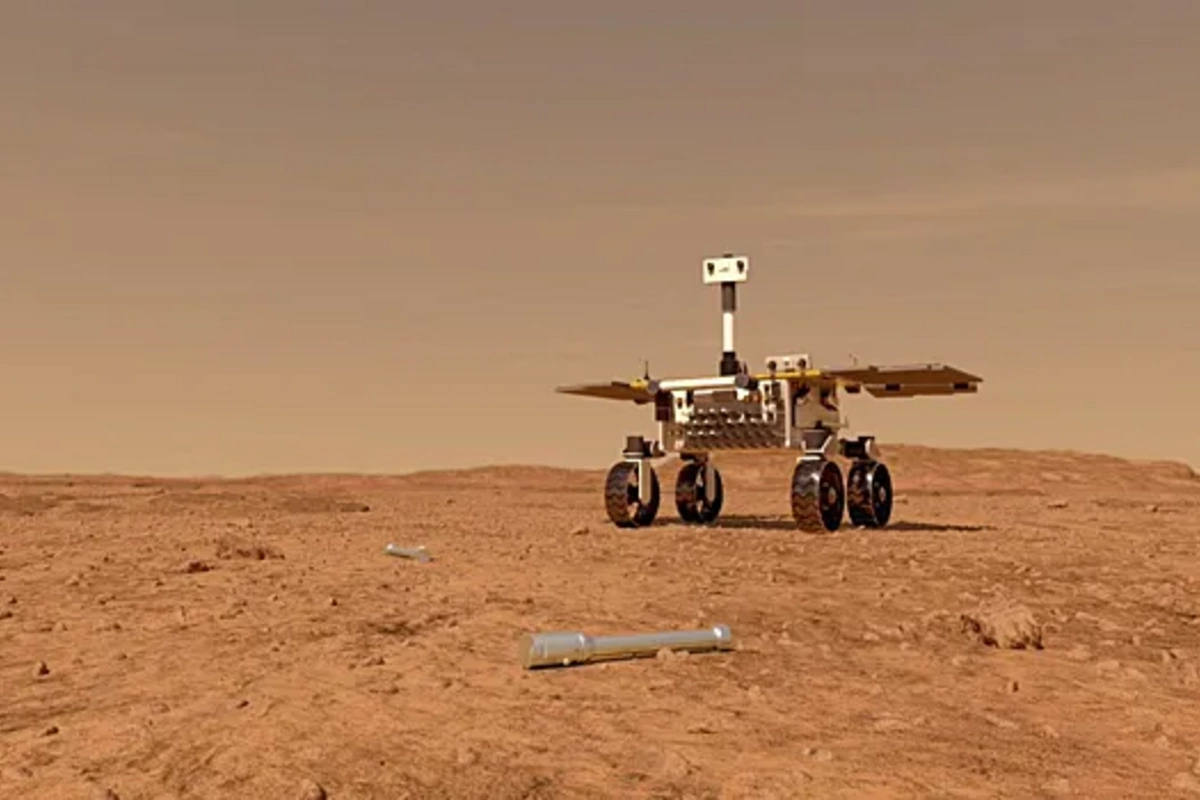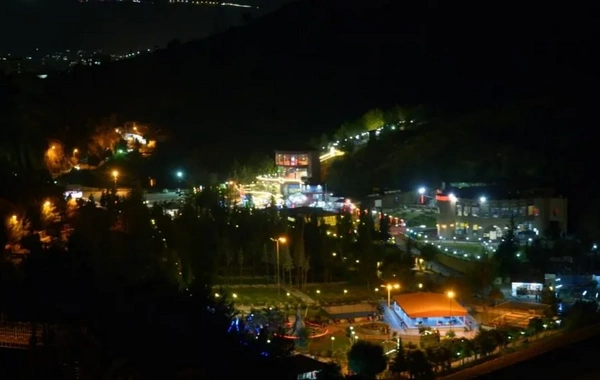A mysterious barcode found on Mars

On Christmas Eve 2023, the European Space Agency's (ESA) ExoMars Trace Gas Orbiter captured dark streaks on the slopes of Mount Apollinaris on Mars.
As reported by BAKU.WS with reference to Nature Communications journal, these streaks formed as a result of dust avalanches caused by meteorite impacts. Scientists have determined that although such formations cover less than 0.1% of the planet's surface, they annually move as much dust as two global dust storms.
Researcher Valentin Bickel from the University of Bern analyzed more than two million such streaks using orbital images of Mars taken between 2006 and 2024. He found that most streaks form during dusty seasons - predominantly in summer and autumn in the planet's southern hemisphere. According to his research results, these streaks lift into the atmosphere about a quarter of all dust moved between Mars' surface and atmosphere in a year, which is comparable to the impact of two global storms. Additionally, Bickel identified five "hot zones" of activity - Amazonia, the vicinity of Olympus Mons, Tharsis, Arabia, and Elysium.
Similar News
Ayatollah Abdullah Javadi Amoli issued a fatwa on jihad
Ayatollah Abdollah Javadi Amoli issued a fatwa on jihad and called for the shedding of the blood of US President Donald Trump. He called it a "mandatory require...



 Azərbaycanca
Azərbaycanca  По-русски
По-русски  English
English 





